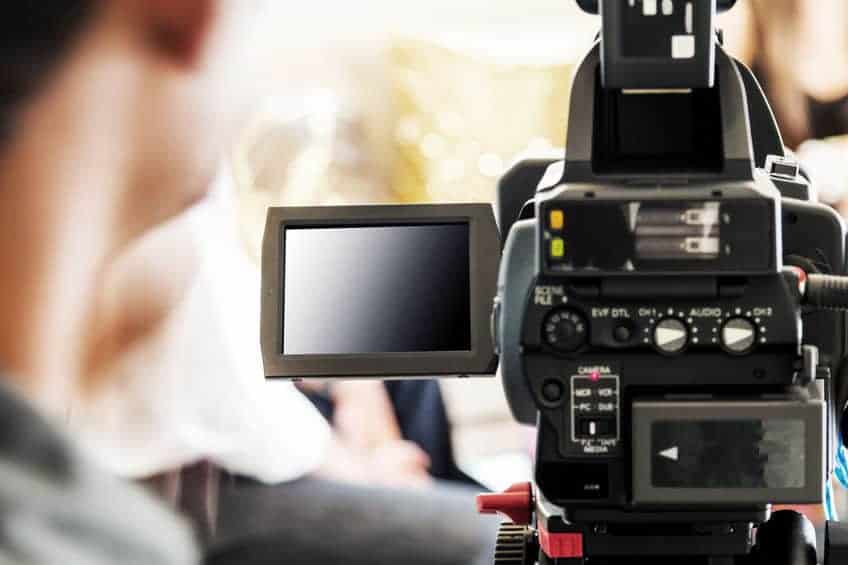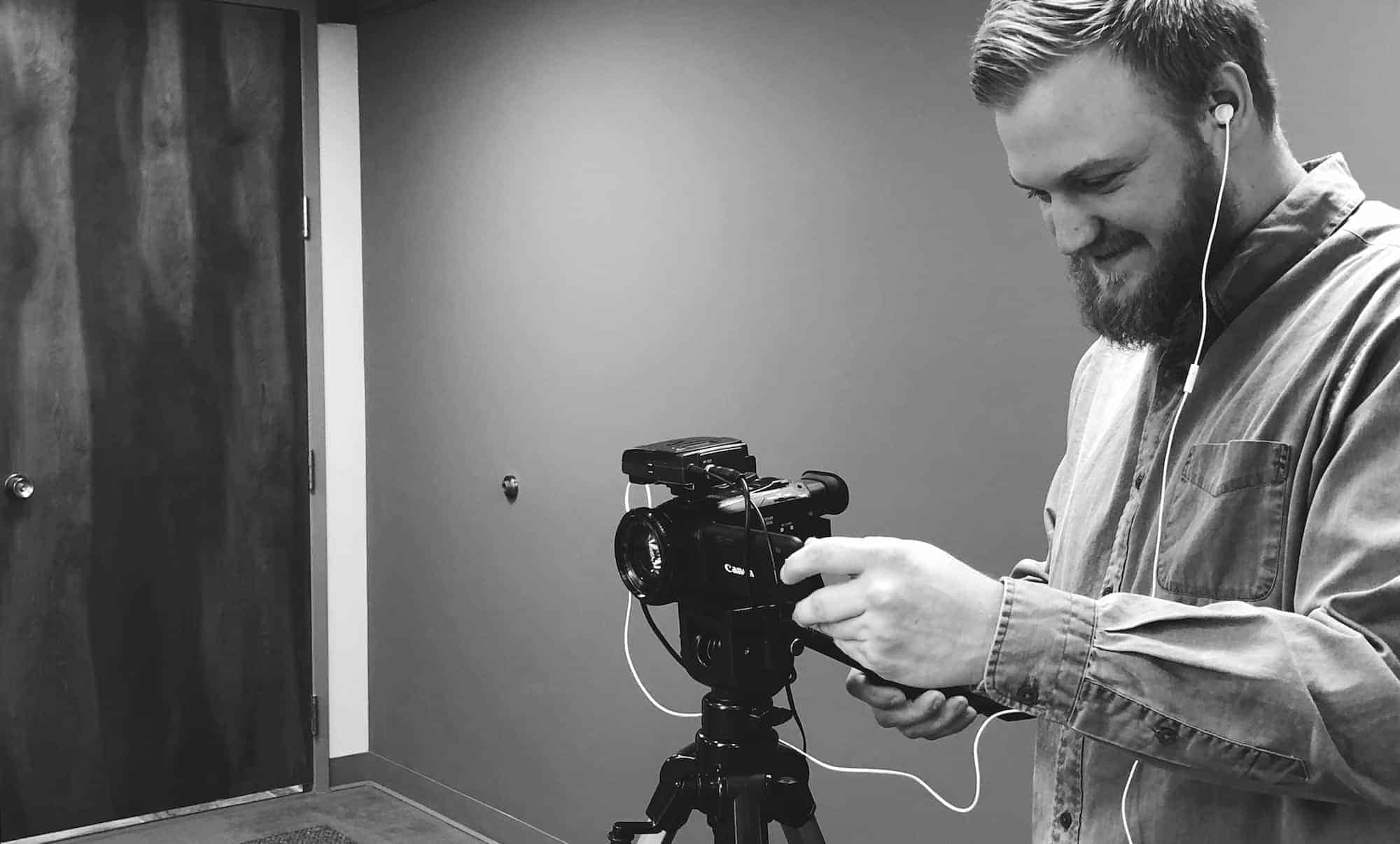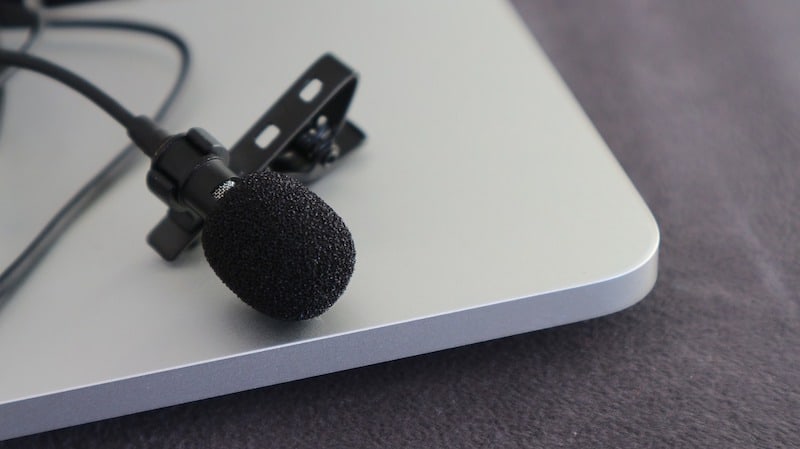27 Feb What Happens After a Deposition? Everything You Should Know
What Happens After a Deposition
If you’re involved in a lawsuit, you’ll most likely have to attend a deposition at some point. Depositions are an important part of the legal process, whether the case is settled or it goes to court. If you’ve already attended a deposition, you may be wondering what happens next. While a deposition can change the course of a suit, there are a few specific things that will happen after a deposition.
So, what happens after a deposition? After a deposition, a few things will happen:
- A court reporter will produce a transcript of the deposition
- Both parties will get a copy of the transcript to review
- Lawyers will review information gathered from the deposition
- Parties can settle after a deposition
- The lawsuit will be settled in court if it isn’t settled beforehand
Knowing exactly what happens after a deposition will help you to prepare ahead of time. It’s important to know how your testimony at the deposition can affect the rest of the lawsuit. Keep reading to get a more in-depth look at the deposition process and what exactly happens after.
A Transcript Will Be Produced
The most important thing gathered from a deposition is the transcript of everything that was spoken by the plaintiff’s lawyer and the deponent. When the group is “on the record,” that means everything that is said will be recorded word-for-word. Here’s the process of transcription at a deposition.
A court reporter will provide a typed word-for-word transcript
A court reporter is a professional who transcribes legal proceedings. A court reporter is required to be at any deposition to keep an accurate record of what happens. Using a stenograph to write down everything spoken, a court reporter can type very fast to keep up with dialogue.
Once the deposition is over, the court reporter will go back through their transcription and create a full report of every word spoken. Court reporters may also use a tape recorder at depositions to record audio and check to make sure their transcription is correct.
A legal videographer may provide a video recording of the deposition
Another professional you may see at a deposition is a legal videographer. Legal videographers are hired to capture a video recording of the deposition. Video recordings can be helpful since they show the mannerisms and reactions of the person being deposed.
A legal videographer will capture video and audio anytime the room is “on the record.” They’ll produce a video file that will have all the dialogue captured on video that would be on the transcript.
Understand the importance of doing a video deposition by reading our article, Why Do a Video Deposition?
Know what the transcript provides
The transcript or the video recording of the deposition will provide a full account of everything said in the deposition, both from the lawyers and the deponent. This transcript can be used as evidence in court and testimonies can be compared.
The transcript will include any documents that were shown and discussed during the deposition. For example, in many personal injury cases, the lawyer will provide a copy of the police report or pictures from the incident to discuss with the deponent. These documents will be included in the transcript so that whoever is reading the transcript can get a clear idea of what happened in the deposition.
Both Parties Will Get a Copy of the Transcript
Once the deposition is over, the court reporter will produce the transcript and send both parties a copy. The legal videographer will also produce a video file and send it to both parties upon request. In some cases, the transcript and the recording of the deposition can benefit the defendant just as much as it can benefit the plaintiff.
Both parties will review the transcript to make sure it provides accurate information.
Lawyers Will Review Information In the Transcript
Lawyers from both parties will review the transcript of the deposition to see if there is any way the deposition can work to their advantage in court. They may also review it and find that it won’t work to their advantage, at which time a settlement may be considered.
Your lawyer will look for anything that will work in your favor. If you’re a defendant but have a good attorney, your attorney can work the records of the deposition in your favor. They look for a consistent testimony and traits your portray that may appeal to a jury.
Settlement After a Deposition
Many times, a deposition can trigger a settlement in a lawsuit. A settlement is when both parties come to a legal agreement on their own rather than in the direction of a judge or jury. A settlement can make the legal process much shorter although both parties may have to come to a compromise on the outcome.
How a Deposition Can Encourage a Settlement
A deposition can encourage a settlement in several ways. The most common way is that the deponent may realize that the plaintiff has a good case and will most likely win in court. Many times, talking with the opposing party’s lawyer as the plaintiff sits in the room can intimidate the deponent into settling.
While if the deponent decides to settle, they may have to compromise a bit in the outcome, the settlement is usually a better deal than what could happen in court.
A deposition can work in favor of the deponent since the plaintiff sees the defendant face-to-face and gets an idea about their character and the incident. This can cause the plaintiff to offer a settlement where they would still be “winning” in a sense, although they compromise their terms a bit to do so.
A deposition can encourage a settlement to happen in many ways; this is one reason many lawyers use them in their strategy to end a lawsuit. To learn the benefits of depositions, read our article, When Are Depositions Necessary?
How Do Settlements Happen
A settlement happens when a party decides to settle a lawsuit outside of court. Their lawyer will represent them by making an offer to the opposing lawyer. From here, terms can be negotiated, but the other party will have to overall accept the terms for the settlement to happen.
Settlements can save both parties money and can be done much more peacefully compared to being settled in court. Your lawyer will advise you on what to offer as settlement and what you should accept; however, you as the client have the final say.
Lawsuit Goes to Court
If a lawsuit doesn’t settle, it will continue to court. Lawsuits can last for years if the case has to go to court; however, a deposition can have just as much impact when the suit goes to trial years later.
How a Deposition Can Be Used in Court
A deposition transcript or video recording will be used in court as evidence. Lawyers will recount the words spoken and the testimony given in the deposition and how it lines up with the other times the testimony was given.
If there is a video recording of a deposition, this can be shown to the jury to demonstrate the deponent’s character or reaction to certain questions.
Anything said or done while “on the record” during the deposition can be used against the defendant in court. That’s why it’s important to be prepared for your deposition as a deponent and have an understanding of what you’re walking into ahead of time. If you’re a defendant about to be deposed, read our article, Preparing for a Deposition As a Defendant: Everything You Should Know.
What Happens in Court
If a lawsuit goes to court, it will be up to a judge or jury to determine the outcome of the case. A deposition may be shown to the jury to help them decide the outcome of the case. The jury will have to decide whether or not the plaintiff deserves the compensation they’re claiming they’re owed. They’ll also have to decide whether the defendant deserves the charges brought against them and their consequences.
In front of a jury, you’re having to appeal to many different people with their personalities and personal backgrounds. Good representation is vital to have in court, as it can make or break your case.
Overall, a deposition can change the course of a lawsuit. Many lawyers use depositions to their advantage in encouraging a settlement within the case. If you have to attend a deposition soon, check out our article How to Answer Questions in a Deposition: Vital Tips for Success.






